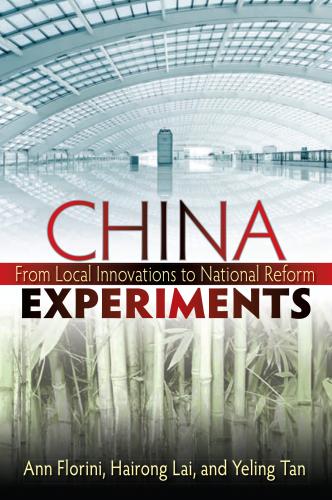In a recent speech at The Brookings Institution, Senator Richard Lugar, chairman of the Senate Foreign Relations Committee, warned that “energy is the albatross of U.S. national security.” America’s appetite for oil both directly and indirectly challenges a variety of U.S. interests, such as economic growth, democratization, and counterterrorism. This albatross cannot be removed from America’s neck through domestic measures alone.
The United States needs the cooperation of other major consumers, specifically China and India, to reduce, if not eliminate the challenges posed by our so-called addiction to oil. Much of the recent discussion in Washington about the growing oil demand of China – and to a lesser extent India – has focused on the threats posed to the U.S. economy and foreign policy, but that often obscures the fact that the oil interests of China, India and the United States are also broadly aligned. National energy security depends on international energy security.
Energy security – often defined as the obtainment of adequate, reliable and reasonably priced supplies in ways that do not undermine national interests – is a global problem that requires a global solution. Daniel Yergin, a highly respected authority on energy, has noted that U.S. energy security is part and parcel of international energy security. There is only one world oil market, and the energy security of the United States – and all other oil consumers – is linked to the stability of that market. Consequently, America’s energy future will be shaped not only by decisions made in Washington but also by those made in the capitals of other major oil consuming and producing states.
The “Energy Diplomacy and Security Act,” to be introduced by Senator Lugar this week, takes a step in the right direction. The legislation calls for the United States to shift its diplomatic priorities to better serve America’s energy interests. The bill proposes that the United States, the world’s largest oil consumer, forge energy partnerships abroad, notably with China and India, the world’s second and fifth largest oil consumers, respectively.
Specifically, the legislation calls for China, India, and the United States to coordinate the release of strategic oil stocks, currently under construction in China and under discussion in India, to manage supply disruptions. Unlike the United States, neither China nor India are members of the International Energy Agency (IEA), the institution established to foster cooperation among the world’s major oil consumers. The centerpiece of the IEA is the maintenance of emergency oil stocks and plans for coordinated use. In the near future, China and India are unlikely to join the IEA, which requires membership in the Organization for Economic Cooperation and Development and the maintenance of emergency oil stocks equivalent to at least 90 days of net oil imports. A formal coordination agreement with the United States would reinforce the informal cooperation that already exists between the IEA and China and India. Such an agreement, as outlined in Sen. Lugar’s bill, would encourage both countries to contribute to global energy security through participation in international emergency oil stock releases to manage oil supply disruptions and their consequences.
Of course, it takes two to tango. Skeptics may argue that it will be difficult to persuade China and India to cooperate on the use of strategic oil stocks because both countries can benefit from an international stock release without participation: all oil consumers enjoy the increase in supply and reduction in price that result because the oil market is global. Furthermore, China and India may be reluctant to play by the rules of an institution that they did not help to create.
Both Beijing and New Delhi, however, may be receptive to overtures such as the Lugar bill that would allow them to demonstrate that they are working to enhance global energy security. Beijing, uncomfortable with the international attention paid to China’s oil demand growth in recent years, is eager to prove that, in the words of one official, “China is not a threat to world energy security.” China’s Ambassador to the United States, Zhou Wenzhong, recently called on the U.S. to cooperate with China to ensure stable energy supplies. Senator Lugar’s legislation, if passed, would put the ball back in Beijing’s court.
The Brookings Institution is committed to quality, independence, and impact.
We are supported by a diverse array of funders. In line with our values and policies, each Brookings publication represents the sole views of its author(s).







Commentary
Op-edNational Energy Security Depends on International Energy Security
March 17, 2006